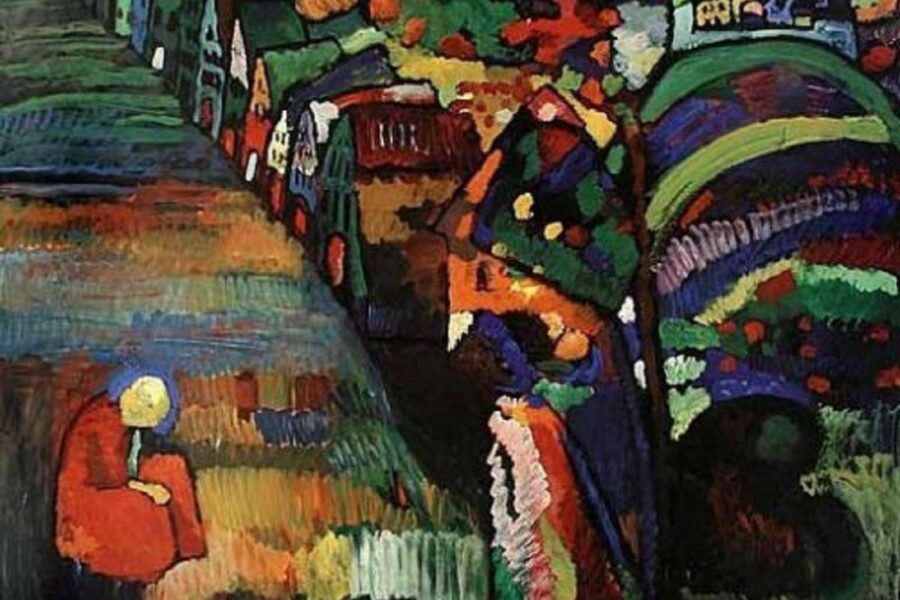December 7th, 2020, was an important day for Dutch restitution policy. On this day, the report Striving for Justice was published by the evaluation committee (Kohnstamm Committee) on the restitution policy concerning artworks looted by the Nazi regime.
The Kohnstamm Committee, which was named after the chairman, Jacob Kohnstamm, was established at the request of the Ministry of Education, Culture and Science, to evaluate the legal and moral aspects of restitution policy and to make recommendations for improvement. The decision to evaluate the restitution policy in 2020 was made as far back as 2016. The report addressed various issues regarding Dutch restitution policy, which the committee proposed to change.
Mondex and their Dutch legal counselors played an important role for this report, by giving the committee feedback on the ambiguous assessment framework of the Dutch Restitution Committee (DRC), which led to decisions which were neither just nor fair. For Mondex, the flaws in DRC’s assessment framework became apparent with the 2018 decision of the DRC, to reject the restitution application for the Kandinsky painting Bild mit Häusern, which was despoiled from the Lewenstein family during WWII. This decision was flawed because it was largely based on conjecture and incomplete research, which led to an inaccurate analysis, and as a result of the DRC’s application of the balance of interest test, which compared the importance of the painting to the Stedelijk Museum, which was in possession of it, to the rights of the claimants who sought its restitution. The DRC concluded that the painting was more important to the museum and rejected the restitution application.
During a conference in Berlin in 2018 entitled 20 Years Washington Principles: Roadmap for the Future, Stuart Eizenstat, the author of the Washington Principles, heavily criticized the DRC for using this balance of interest test in their decision-making process. Eizenstat pointed out that this test is in conflict with the Washington Principles, which were written to find just solutions for victims of despoliation instead of defending the interest of museums in keeping collections. Sensibly, the Kohnstamm Committee strongly recommended in their report to abolish this unjust test.
As a result of Mondex’s significant experience in working on restitution claims in The Netherlands and various other countries, Mondex was able to extensively describe to the Kohnstamm Committee, how the DRC’s functioning as well as Dutch restitution policy could and should be improved. For example the need for more transparency in the DRC’s decision making process, to make the DRC more approachable for claimants and to expect Dutch restitution policy to be more in line with international restitution policy, were all important factors that were emphasized during this process.
To clarify some of the concerns that were expressed, Mondex prepared an analysis of the success rate of restitution claims, which were handled by the DRC. In their 2018 annual report, the DRC stated:
“Of the 140 recommendations issued, 65 were fully in the applicants’ favour, 56 were to reject the claim in full and 19 were to partly grant and partly reject the claim.”
These last numbers gave the impression that 46.4% of the restitution claims were successful and 13.6% of the claims was partially successful, but these numbers were misleading, because they did not express how many objects were actually restituted. This was important, because some claims only regard 1 object, while other claims regard dozens of objects each. Mondex calculated that in the period up to 2018, the DRC agreed to restitute only 34% of all claimed objects. These numbers were helpful to demonstrate to the Kohnstamm Committee that the DRC was not transparent in their communications to the public, and that it is clearly more difficult to expect the DRC to agree with restitution than the DRC’s numbers suggested.
In 2021, all recommendations of the Striving for Justice report were adopted in the DRC’s assessment framework. Undoubtedly, not only the advice from Mondex but also the challenges that Mondex had to overcome to succeed with restitution claims in The Netherlands, helped to improve the DRC’s functioning as well as Dutch restitution policy.


